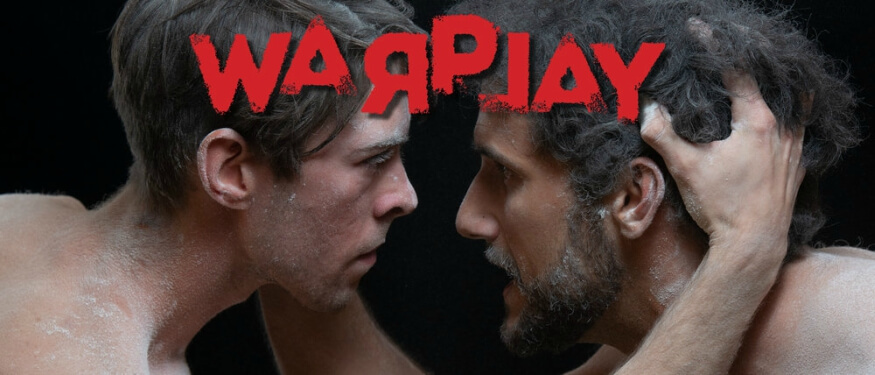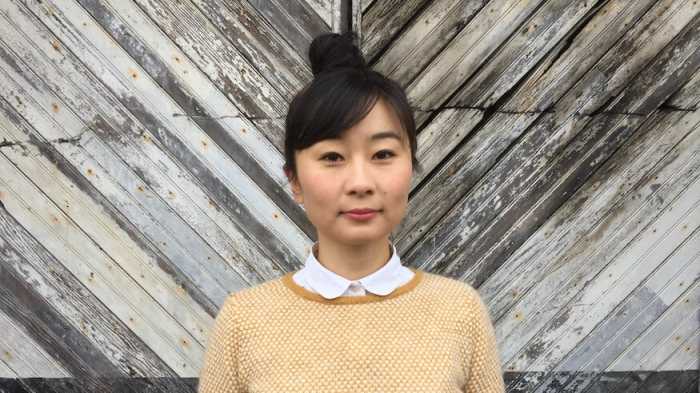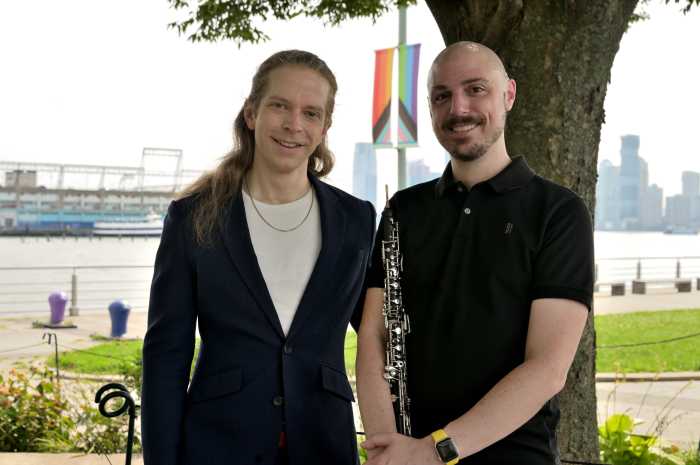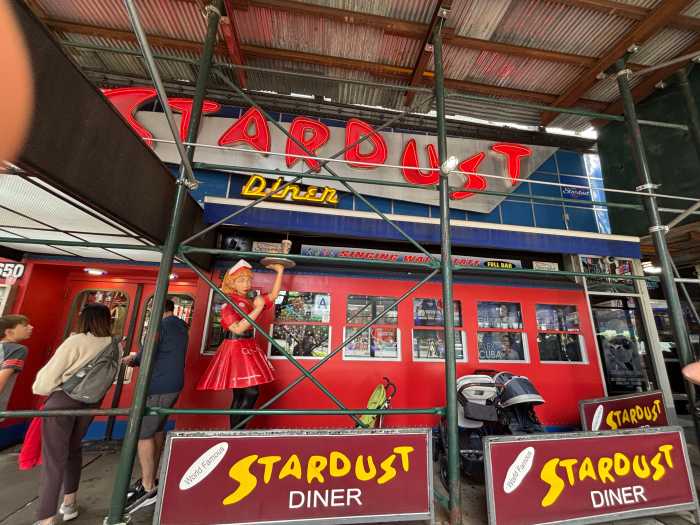JC Lee has had an impressive career writing for hit television shows such as Looking and How to Get Away With Murder. Now the writer/producer is bringing his success in the theater world, his play warplay, to the stages of Philly at the Azuka Theatre. The pay-as-you-go show (meaning you choose the amount of money you want to give at the end of the production) starts on October 31 and runs until November 18. Here is what JC Lee had to say about his career, play and the state of American theater today.
JC Lee brings his show warplay to Philly
How did you get started in the writing and producing world?
JC Lee: I kind of have always been involved in entertainment; I was an actor, well I started out as a child model when I was really young and then I was an actor and performer when I was a teenager into undergrad. Then I made the transition into more writing and directing, and then basically after grad school was pretty much just a straight-forward writer and producer now.
Do you have a favorite series that you’ve worked on?
JC Lee: You know, I like all of them, every job I take I do it because I try to learn something from it and so I think of each of those jobs as a type of learning experience. I mean “Looking” was particularly special to me just because it was my first job in TV and it was the first gay show that had been on TV in a long time, so it meant a lot to try and build something special with that; I think the group of people who I was working with on that particularly Andrew Haigh who was the showrunner and the creator of the show, you know was a really insightful and thoughtful person who was very collaborative, so he taught me a lot about how I want to make art in the world learning from his example. So that show always will be special in my heart I think.
What is warplay about?
JC Lee: So the show is essentially my two-person re-imagining of the relationship between Achilles and Patroclus from the “Iliad,” its the oldest recorded same-sex love story in western literature. I have this very vivid memory, many years ago I was at the gym in New York, and the movie “Troy” was on, and I remember watching it and seeing all of these shirtless guys and being incredibly bored. I was just like how can I be this bored with this many beautiful men on screen shirtless fighting with each other? It just gave me this idea of re-imagining that story, as I think it should be told which is a gay love story but also then tackling this idea about masculinity and performative masculinity which I think in the culture right now feels especially relevant. I have a play in San Diego in the spring that is also an examination of masculinity, I just feel like its the thing that I’m most interested in right now, and every day feels like its a resonance of that.
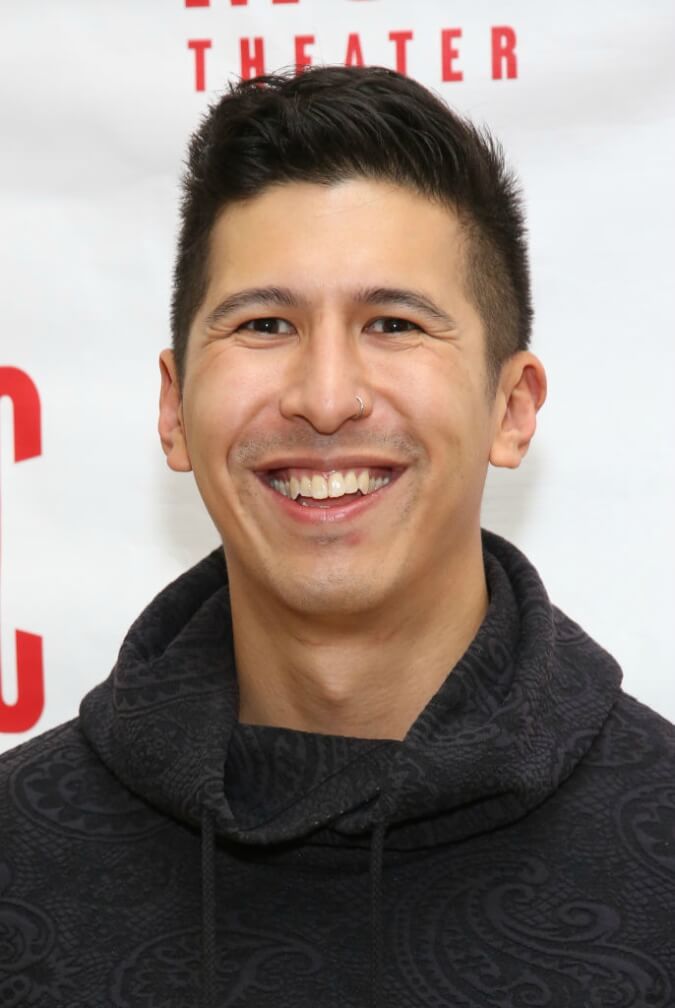
What should the Philly audience expect to take away from the show?
JC Lee: I hope that they’ll be entertained first off, everything that I write I want people to have a good time, so I hope that they’re entertained, and I hope that they are moved, I mean its essentially a story of first love between these two young boys. My hope is that they’ll be moved and it’ll be thought-provoking for them, and they just have a good night at the theater.
How do you feel about the pay as you go feature at The Azuka Theatre?
JC Lee: I love that, you know its funny I was thinking about this last night, the American theater has sort of locked itself into a really bad corner in terms of the economic model, I actually think there’s a lot in common with the American theater and journalism you know? Both have economic models that don’t quite work anymore, and there’s a lot of re-invention happening in both fields, and I think that Azuka doing a pay-as-you-go model is a really smart way to start building a theater-going audience without having it be economically prohibited to them, especially for young people. I had a play in London a few years ago, and when you go to London all the tickets are subsidized, people can basically pay seven pounds to go see a Broadway quality play, and we don’t have that in the United States and it shows in terms of the kinds of people who show up to the theaters, so I think Azuka is doing really important work in terms of trying to expand what a theater-going audience looks like and telling stories to people who otherwise wouldn’t have those stories told to them if they had to pay eighty dollars for a theater ticket.
Do you draw inspiration from anyone in particular?
JC Lee: There’s a lot of people who sort of influenced how I write, I mean I grew up seeing Tony Kushner’s plays and Sam Shepard’s plays and David Mamet’s plays, and I think that there’s a lot of interesting people writing plays right now. Dominique Morisseau who’s a friend of mine I think is an incredible writer, and there’s an incredible diversity of writing happening both in the theater and in television right now that’s really really inspiring, so it’s an endless list.



